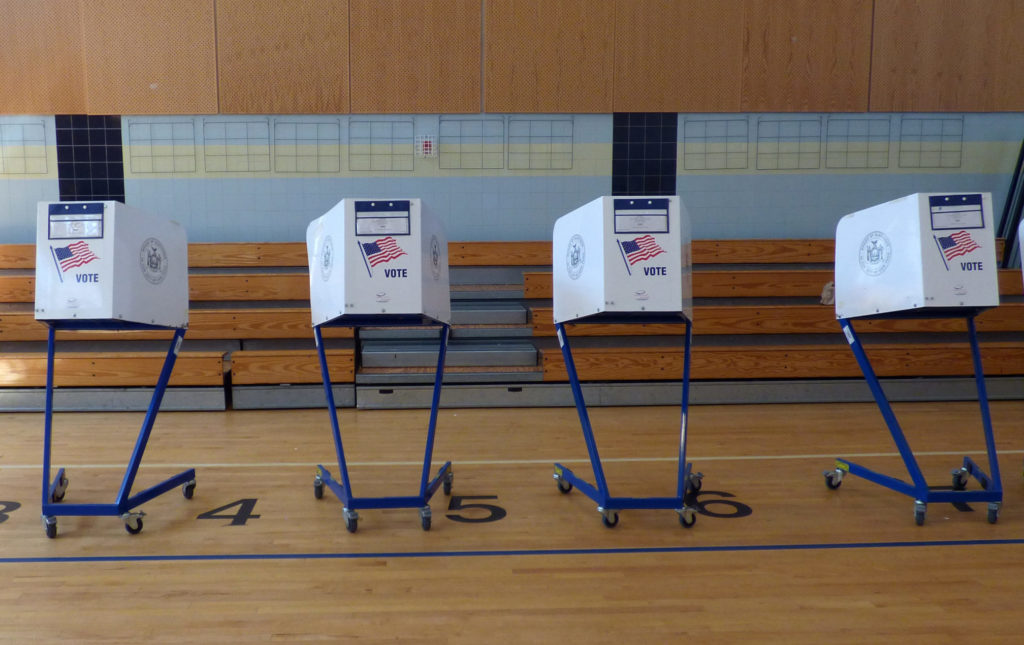The Charter Revision Commission: Everything you need to know

A commission of political leaders tasked with revising the New York City charter approved on Wednesday a final set of ballot questions for New Yorkers to vote on in November. The 15-person Charter Revision Commission agreed at their final major hearing to present voters with referendums on ranked-choice voting, reforming the NYPD’s Civilian Complaint Review Board, and tweaking land-use and ethics policies.
Despite the significance of some of the commission’s proposals, its deliberations have largely flown under the radar this year. Here’s what you need to know about the commission, what it’s proposing and how it affects you.
Who are these people and why are they doing this?
The City Council created the 2019 Charter Revision Commission last year to take a long-overdue look at the city’s charter — the document that lays out the structure and function of New York City’s government — which hadn’t been revised since 1989.

Brooklyn Boro
View MoreNew York City’s most populous borough, Brooklyn, is home to nearly 2.6 million residents. If Brooklyn were an independent city it would be the fourth largest city in the United States. While Brooklyn has become the epitome of ‘cool and hip’ in recent years, for those that were born here, raised families here and improved communities over the years, Brooklyn has never been ‘uncool’.